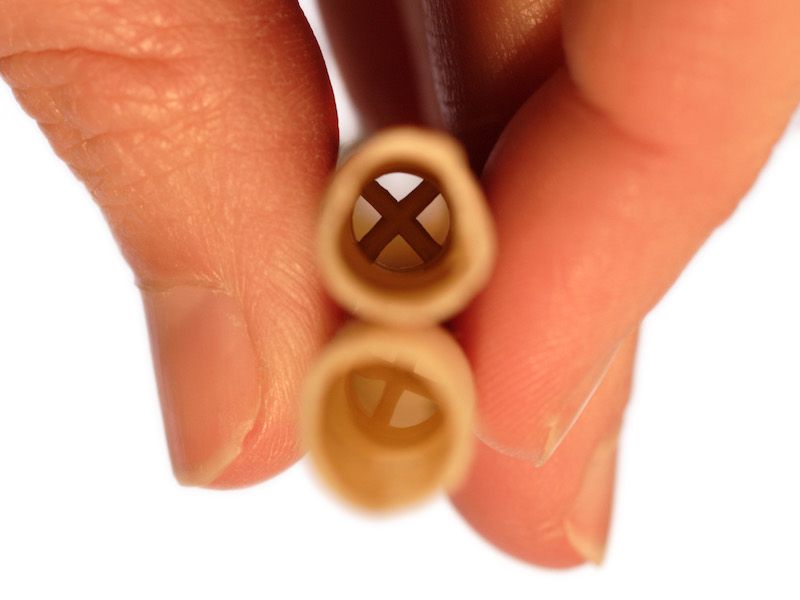
In some communities, the practice known as “ear candling” is routinely believed to be a good way to decrease earwax. Does ear candling work and what is it?
Is Ear Candling Effective?
Spoiler alert: No. No, they don’t.
Why then do normally logical people persistently think in this pseudo-science. That’s a difficult question to answer. But the more you know about earwax candling, including the risks involved, the more likely you can draw an informed decision (even if the sensible choice is pretty clear).
What is Earwax Candling?
So the basic setup goes like this: Maybe you aren’t sure how to remove all your built up earwax. You know you’re not supposed to use cotton swabs (which is good, cotton swabs are not an ideal way to clean out your ears, generally speaking). So you begin looking for an alternative and discover this method called earwax candling.
Earwax candling supposedly works as follows: By inserting a candle into your ear (wick side out), you create a pressure differential. This pressure differential then sucks the wax out. Any wax that may be backed up in your ear can, in theory, be pulled out by this amount of pressure. But this hazardous practice is not a good way to clean your ears.
Why Doesn’t Ear Candling Work?
This practice has several issues, like the fact that the physics simply don’t work. It would require a significant amount of pressure to move earwax around and a candle is not capable of creating that amount of pressure. Also, a candle doesn’t have the sort of seal required to hold pressure.
Now, the candles that they use in these “procedures” are supposed to be special. All of the wax that was in your ear can be located within the hollow part of the candle which can be broken up when you’re finished with your 15 minutes of ear candling. The only problem is that the same debris shows up in both burned and unburned candles. So this “proof” is actually nonsense.
Scientific analysis has never been able to prove any benefit involving earwax candling.
So we Know Ear Candling Doesn’t Work But Dangerous is it?
What’s the harm in giving it a shot, right? Well, whenever you get hot candle wax around your ears, you’re looking for trouble. Look, it’s very possible that you might try ear candling and leave completely unharmed. People do it regularly. But that doesn’t imply there aren’t risks involved, and it definitely doesn’t imply that ear candling is safe.
The negative impacts of ear candling can include:
- Whenever you’re mucking about with an open flame, there’s a potential that you might cause significant damage and put your life in danger. Seriously, you may burn down your house. It’s not worth the risk to try this useless technique of wax elimination.
- Once the wax cools down it can block your ear canal. This can cause temporary hearing loss or, in the most extreme cases, call for surgery.
- Your ear can be seriously burned. Extreme hearing problems and burns can be the outcome of getting hot wax inside of your ear. In the most serious cases, this could permanently damage your hearing.
You Can Keep Your Ears Clean Without Needing a Candle
Most people will never actually have to be concerned about cleaning earwax from their ears. That’s because your ears are really pretty good at cleaning themselves! However, there are a few people who will have uncommonly heavy earwax production or accumulation to deal with.
If you do need to clean out your ears because of too much wax, there are scientifically-proven (and reliable) methods to do that properly. For example, you could use a fluid wash. Another alternative would be to see a hearing care specialist for an earwax cleaning.
Cotton swabs are definitely not the way to go. And open flames are not good either. Earwax candling isn’t effective, and it can create risks that will put your comfort and your hearing in significant jeopardy. So perhaps it’s time to put those special candles away.